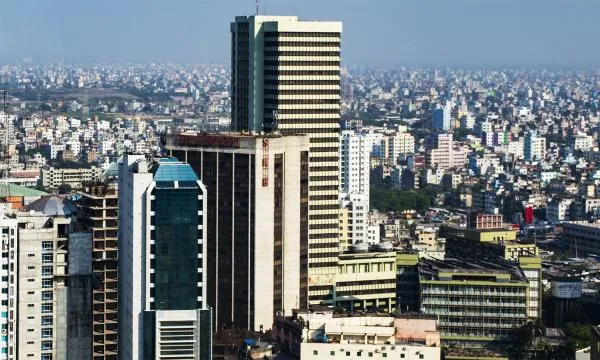
Demand for Islamic banking set to soar in South Asia, SEA
The large untapped population in these regions and government support will drive long-term expansion.
Islamic banking in South and Southeast Asia are set to take flight in the recovery phase following the pandemic, as demand increases from young, growing populations and with long-term growth supported by governments’ efforts, according to a report by Moody’s Investors Service.
Whilst profitability of these Islamic banks weakened in 2020, they have sufficient capital and liquidity to meet demand for financing, which will rise as economies recover from the COVID-19 fallout, notes Moody’s analyst Tengfu Li.
"Although Islamic banks' profitability in these regions weakened in 2020, their capital buffers remain mostly robust, supported by government measures to soften the impact of the coronavirus outbreak. Strong capitalization will in turn enable Islamic banks to meet increased demand for financing as economies recover," said Li.
Islamic financing is expected to continue expanding faster than conventional loans across South and Southeast Asia, increasing the share of Islamic financing in total financing.
Long-term expansion of Islamic banking will be driven primarily by the prime-age populations—people aged 25-54 years—especially given these countries' large untapped market.
Key to the growth of Islamic banking are efforts by governments of major Islamic banking markets in South and Southeast Asia to develop the sector, notes Li, given their role in increasing financial inclusion and inherent alignment with environmental, social and governance principles, which are growing in relevance amid the pandemic.
Additionally, Islamic banking is part of a halal ecosystem governments want to create to spur economic development.
Liquidity has also eased or remained stable because of strong growth in low-cost deposits as consumers and businesses cut spending, Li added. This is also supported by central banks relaxing their reserve requirements and carried out open market operations.


















 Advertise
Advertise







